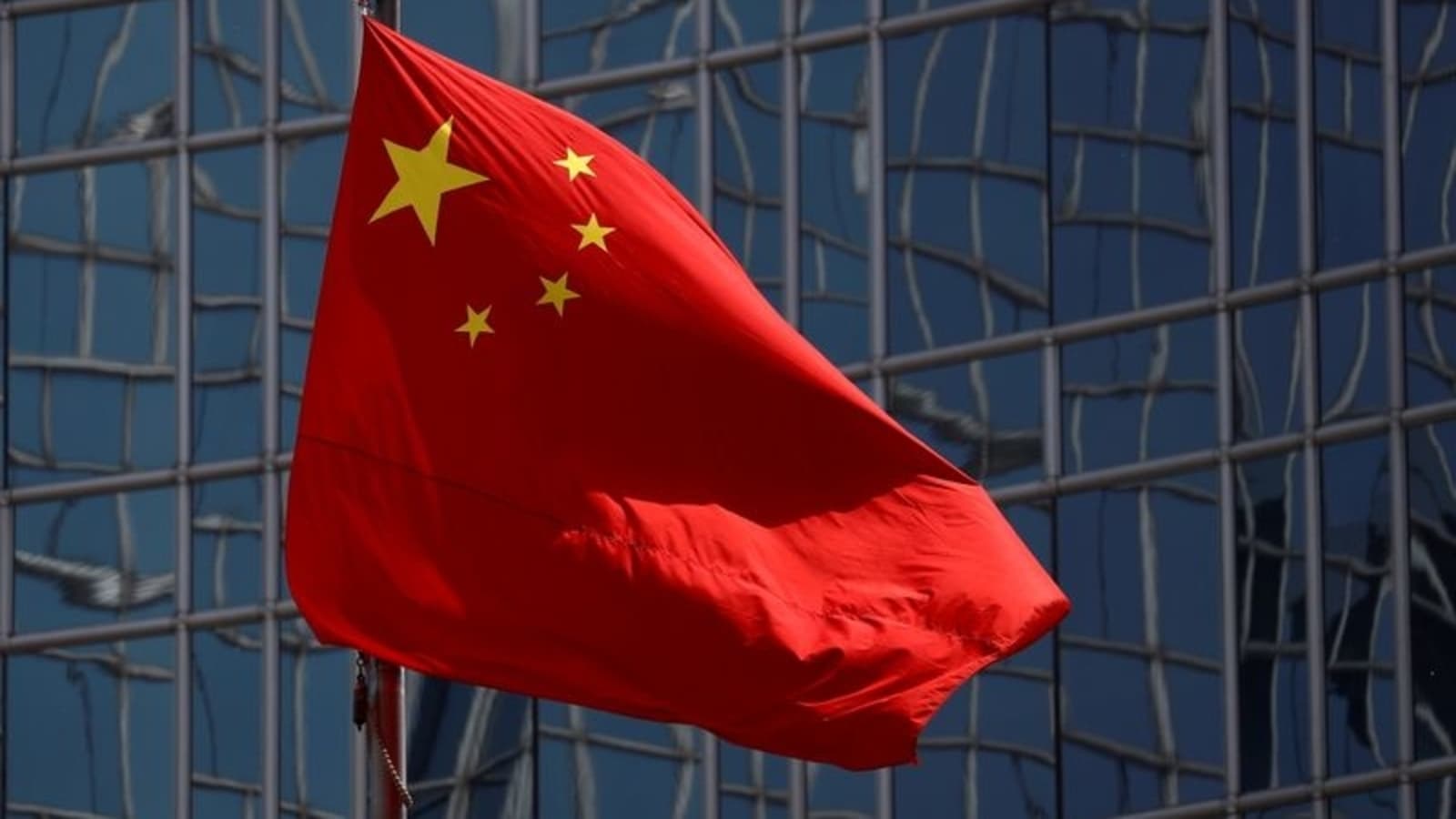China passes new personal data privacy law, to take effect November 1
China has instructed its tech giants to ensure better secure storage of user data, amid public complaints about mismanagement and misuse which have resulted in user privacy violations.

China's National People's Congress on Friday passed a law designed to protect online user data privacy and will implement the policy from November 1, according to state media outlet Xinhua. The law's passage completes another pillar in the country's efforts to regulate cyberspace and is expected to add more compliance requirements for companies in the country.
China has instructed its tech giants to ensure better secure storage of user data, amid public complaints about mismanagement and misuse which have resulted in user privacy violations. The law states that handling of personal information must have clear and reasonable purpose and shall be limited to the "minimum scope necessary to achieve the goals of handling" data.
It also lays out conditions for which companies can collect personal data, including obtaining an individual's consent, as well as laying out guidelines for ensuring data protection when data is transferred outside the country.
The law further calls for handlers of personal information to designate an individual in charge of personal information protection, and for handlers to conduct periodic audits to ensure compliance with the law.
The second draft of the Personal Information Protection law was released publicly in late April. The Personal Information Protection Law, along with the Data Security Law,mark two major regulations set to govern China's internet in the future.
The Data Security law, to be implemented on Sept. 1, sets a framework for companies to classify data based on its economic value and relevance to China's national security.
The Personal Information Protection Law, meanwhile, recalls Europe's GDPR in setting a framework to ensure user privacy.
Both laws will require companies in China to examine their data storage and processing practices to ensure they are compliant, according to experts.
Rattled companies
The laws arrive amid a broader regulatory tightening on industry from Chinese regulators, which have rattled companies large and small.
In July, China's Cyberspace Administration of China (CAC), its top cyberspace regulator, announced it would launch an investigation into Chinese ride-hailing giant Didi Global Inc for allegedly violating user privacy.
On Tuesday, China's State Administration for Market Regulation (SAMR) passed a sweeping set of rules aimed at improving fair competition, banning practices such as fake online reviews.
In January, the government-backed China Consumers Association issued a statement criticizing tech companies for "bullying" consumers into making purchases and promotions.
Since then, regulators have routinely reprimanded companies and apps for violating user privacy.
On Wednesday, the Ministry of Industry and Information Technology accused 43 apps of illegally transferring user data and called on them to make rectifications before August 24.
On the same day of Xinhua's announcement of the data privacy law's passage, the National People's Congress published an op-ed from state media outlet People's Court Daily praising the legislation. It called for entities that use algorithms for "personalized decision making" such as recommendations to first obtain user consent.
"Personalization is the result of a user's choice, and true personalised recommendations must ensure the user's freedom to choose, without compulsion," the op-ed read.
"Therefore, users must be given the right to not make use of personalized recommendation functions."
Catch all the Latest Tech News, Mobile News, Laptop News, Gaming news, Wearables News , How To News, also keep up with us on Whatsapp channel,Twitter, Facebook, Google News, and Instagram. For our latest videos, subscribe to our YouTube channel.































